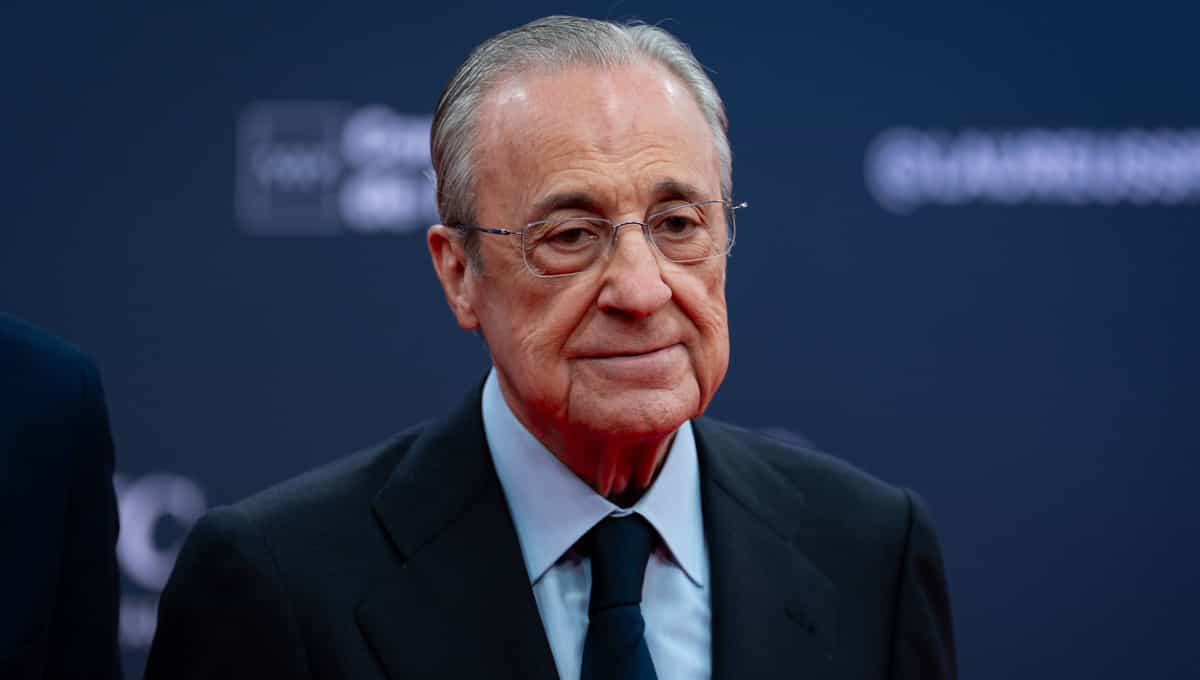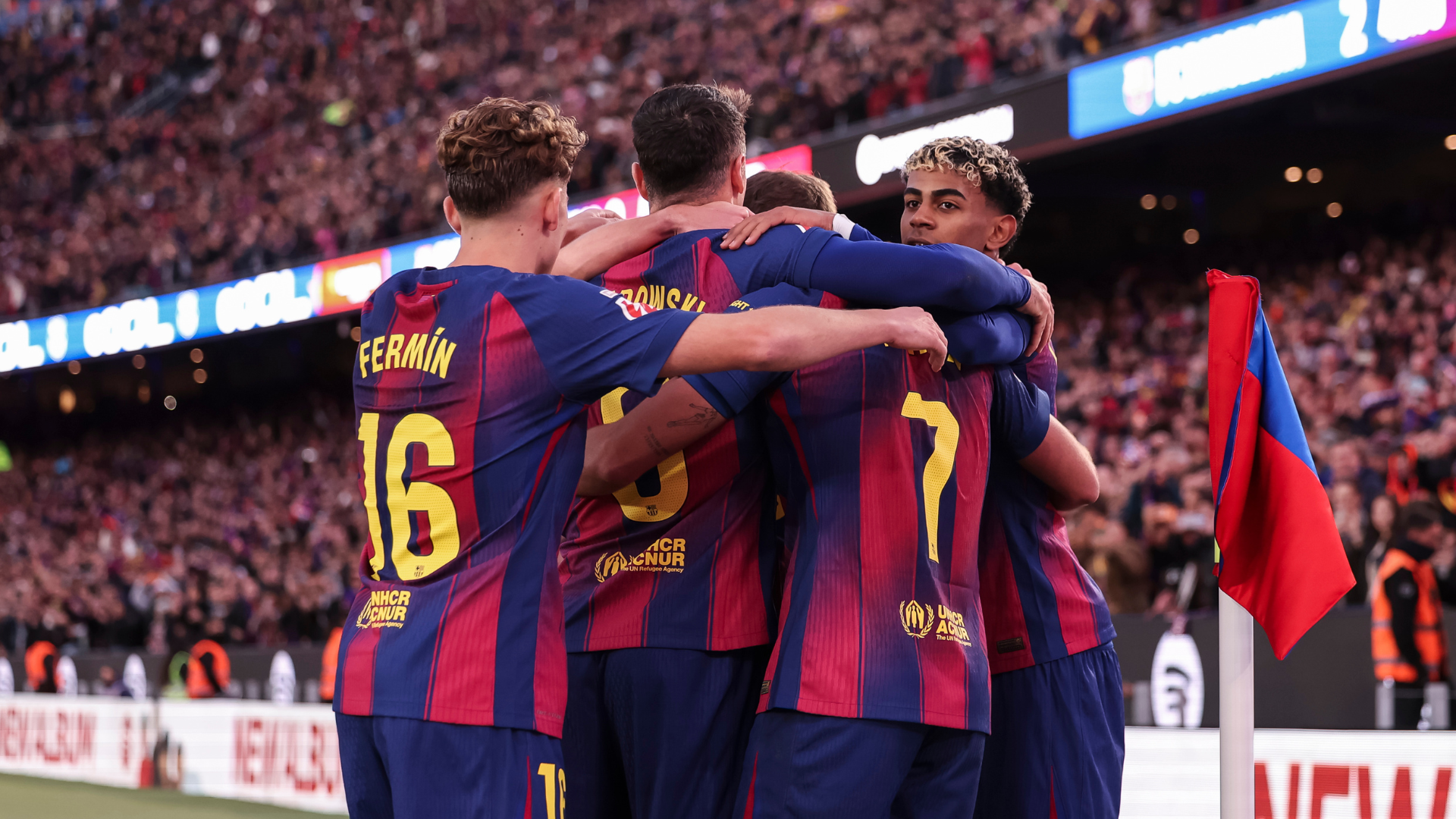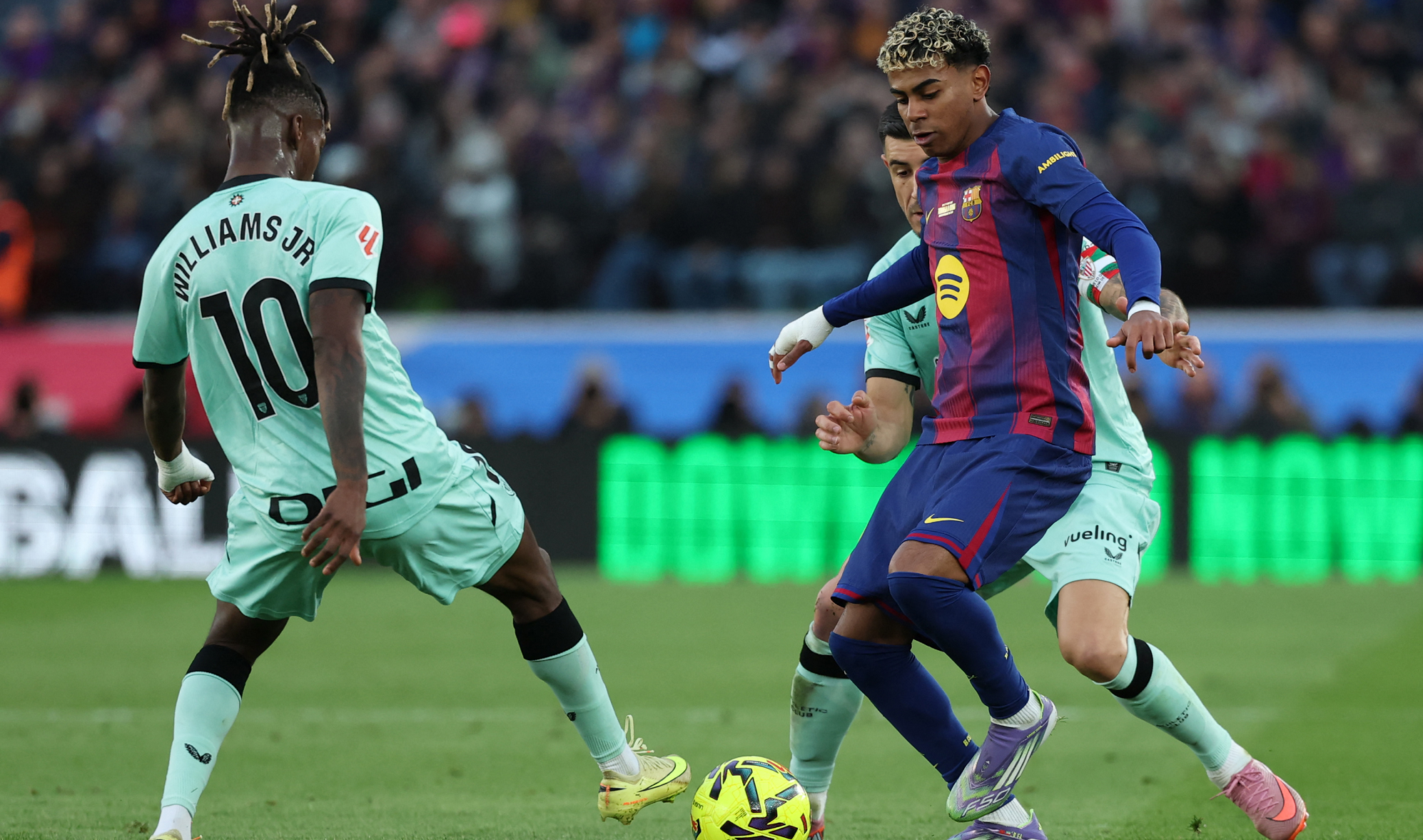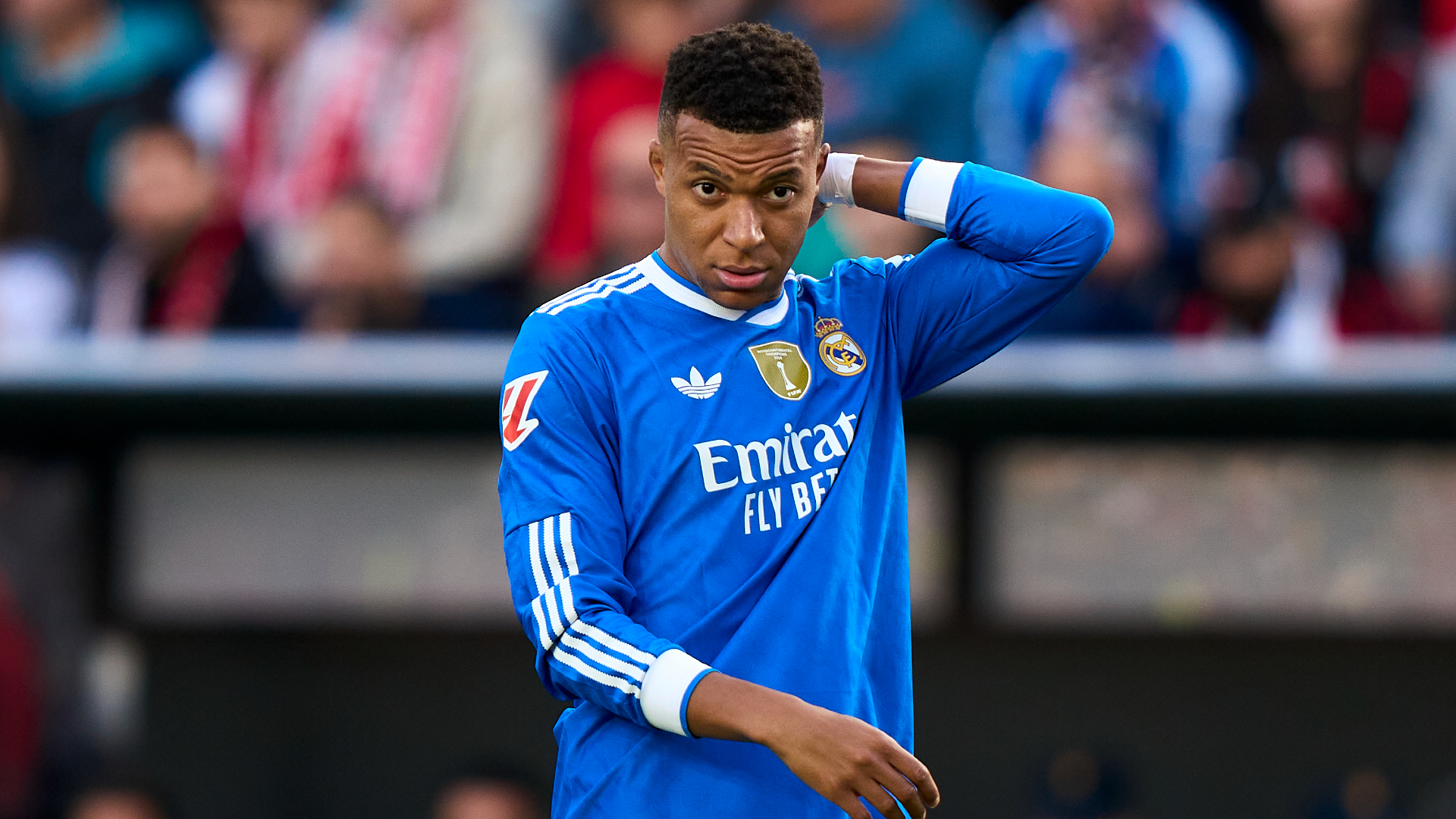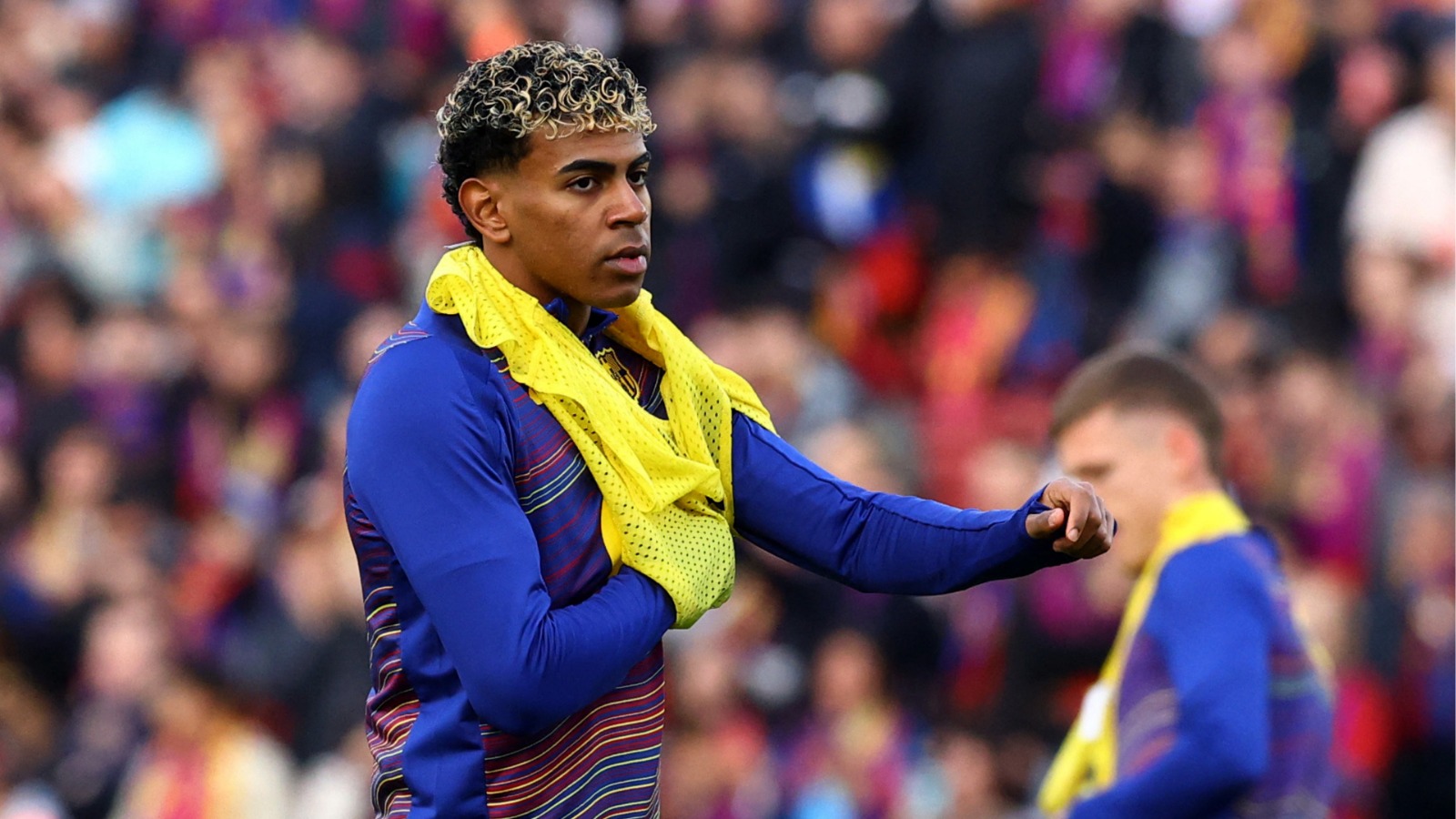Marcus Rashford Is Back as Pedri Remains Under Observation at Barcelona
A boost arrived for Barcelona ahead of the trip to London, but a key figure remains uncertain and hasn’t received full clearance yet.
A Training Session Defined by Contrasts
After the tension-relieving 4–0 win over Athletic coming out of the international break, FC Barcelona returned to work at the Ciutat Esportiva with eyes set on Tuesday’s Champions League showdown against Chelsea at Stamford Bridge. Weekend starters completed their usual recovery session, while the rest trained normally under Hansi Flick’s direction.
The brightest news for the German coach was the return of Marcus Rashford, who missed the LaLiga match due to a severe flu that even caused fever in the days prior. This time, the English winger trained without discomfort and is expected to make the squad list — a significant offensive boost for a Barça side that needs depth and unpredictability in London.
The Pedri Situation: Maximum Caution From the Staff
In contrast, concern once again surrounded Pedri, who remains absent from full-team dynamics. Even though the young midfielder reports positive sensations, the club refuses to repeat past mistakes with such a decisive and delicate player. His return depends not only on how he feels physically, but also on a thorough evaluation by the medical staff.
The Canary Islander suffered a hamstring injury in late October, with an estimated recovery time of roughly three weeks — a period that has already passed. Still, Flick will not take unnecessary risks: a meeting is scheduled between the coaching staff and the player to assess his true condition and determine whether he travels to Stamford Bridge. His continued absence from group training puts his participation in serious doubt.
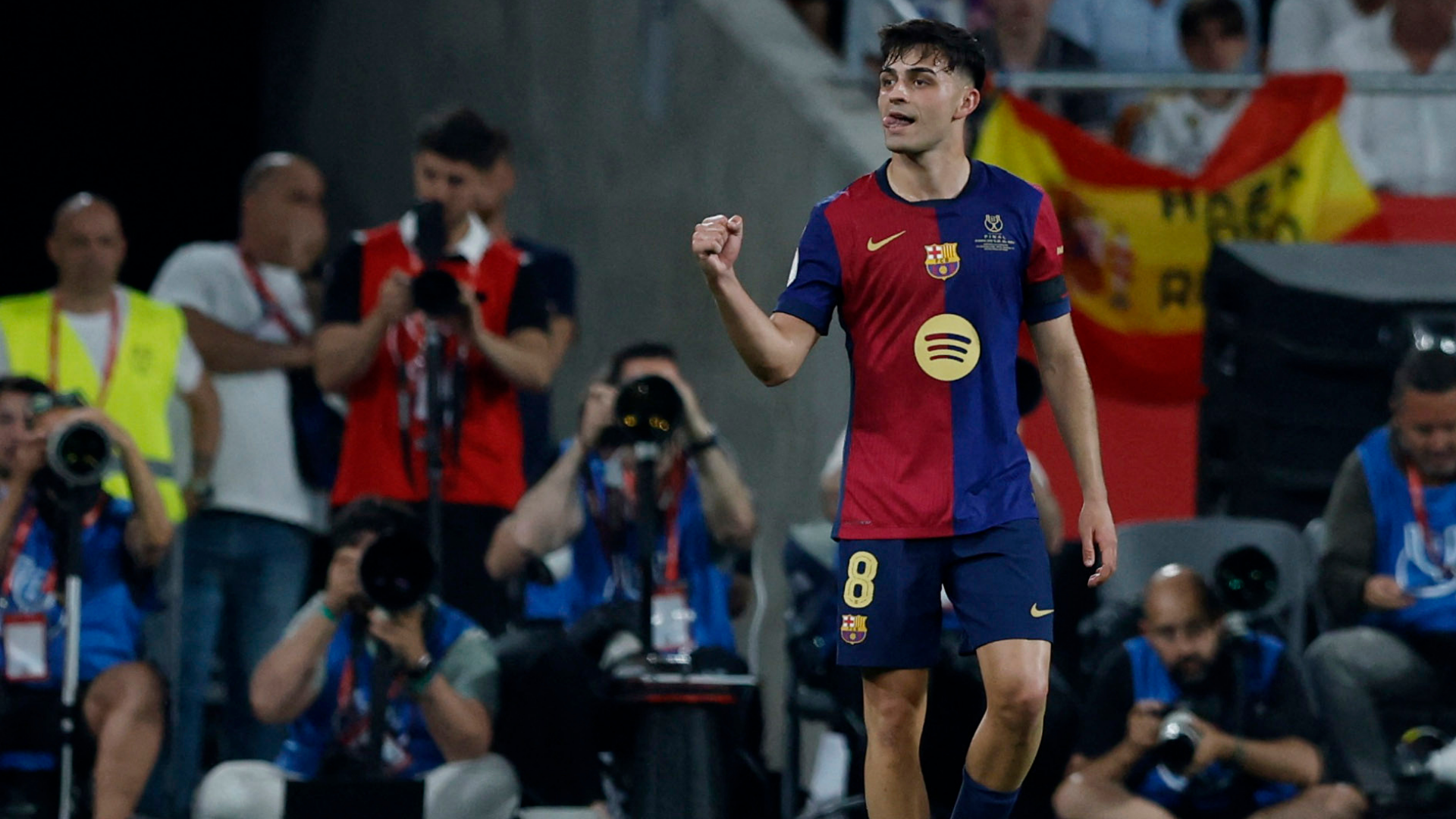
What This Means for Flick Against Chelsea
If Rashford stays fit, Barça gains pace, movement in behind, and a constant threat down the wing. The Englishman provides attacking variations that could be decisive against a Chelsea side known for intensity, physicality, and high pressing — demands that require sharp transitions. Flick sees him as essential for high-stakes matches.
The absence of Pedri, however, limits Barcelona’s creative rhythm. Without his ability to control tempo, find passing lanes, and break defensive lines, the midfield loses fluidity. This forces Flick to consider a more physical setup, perhaps with Frenkie de Jong or even a more vertical structure to compensate for the lack of pause and orchestration.










